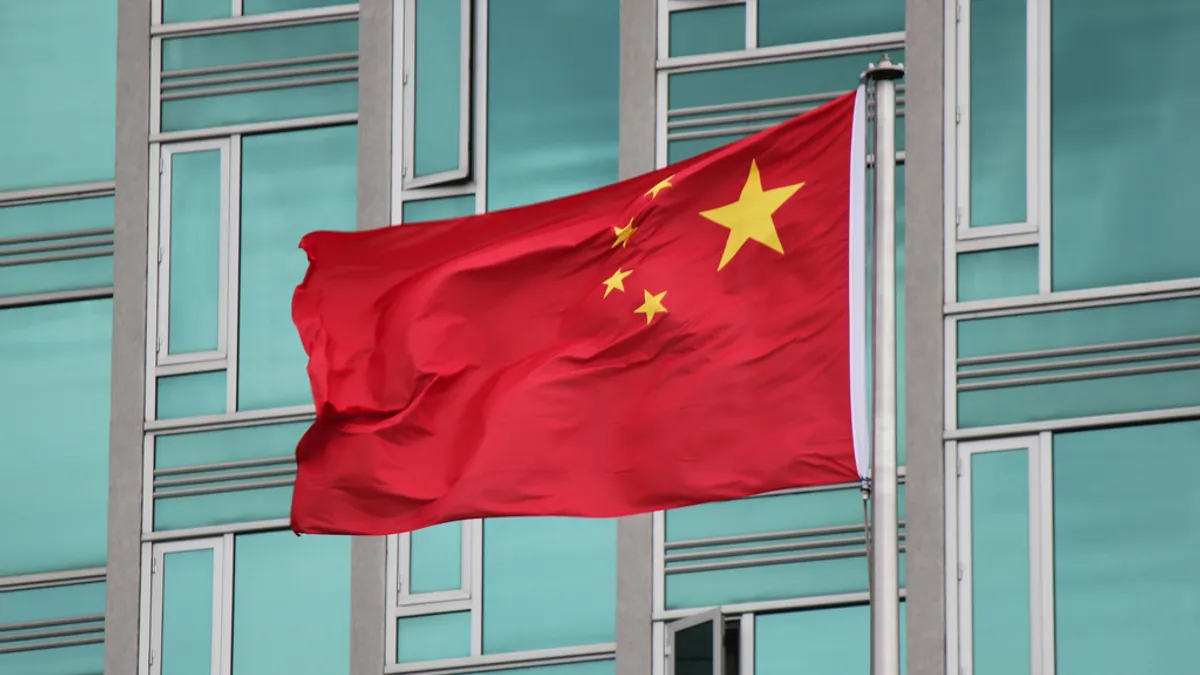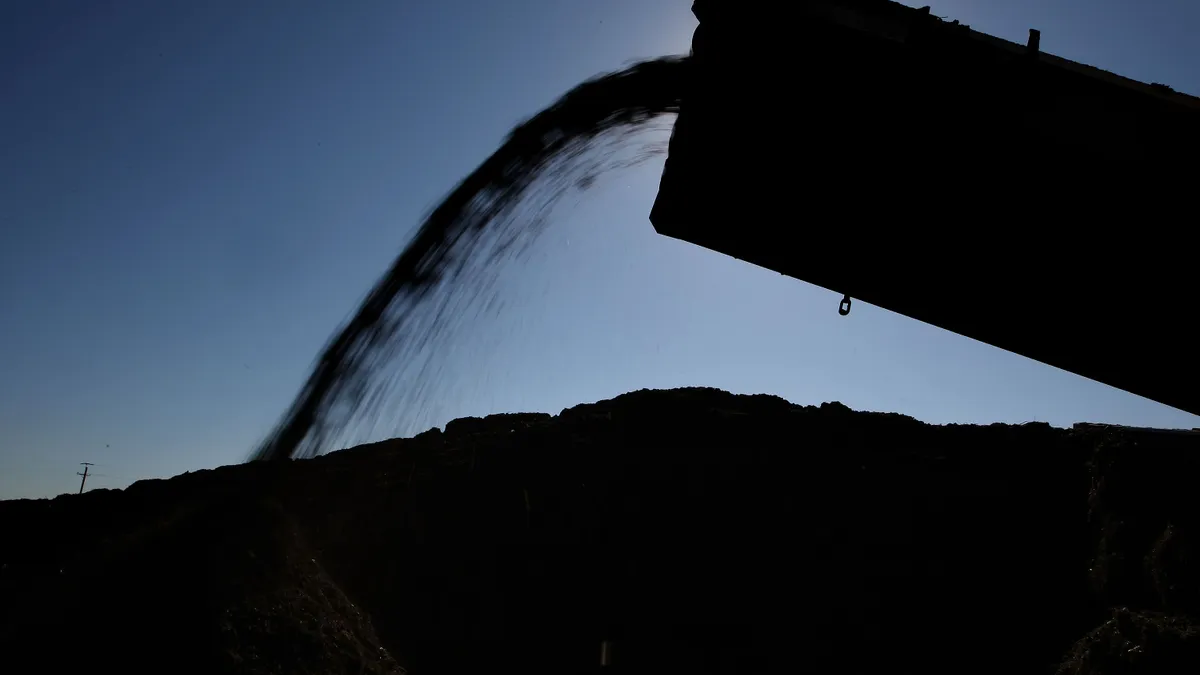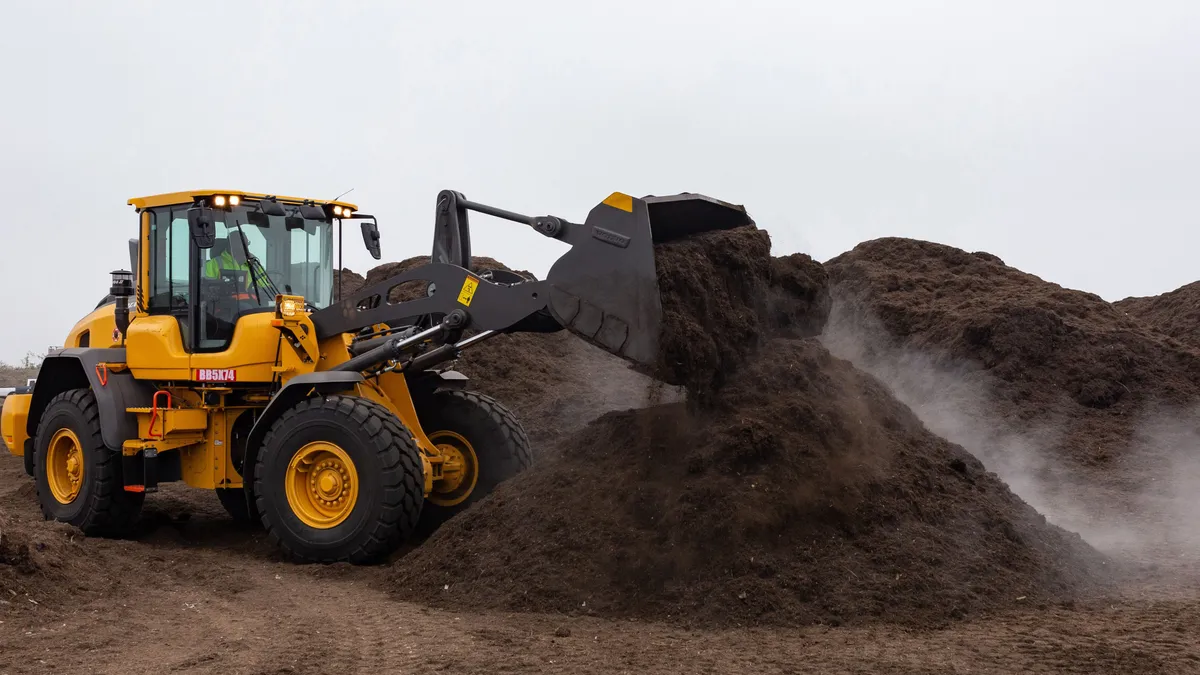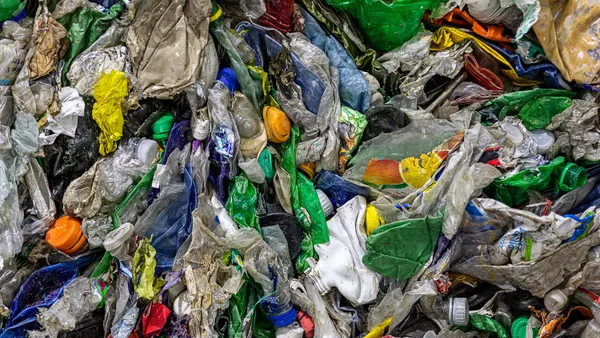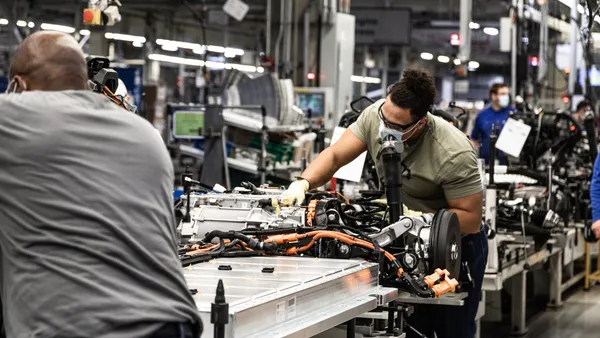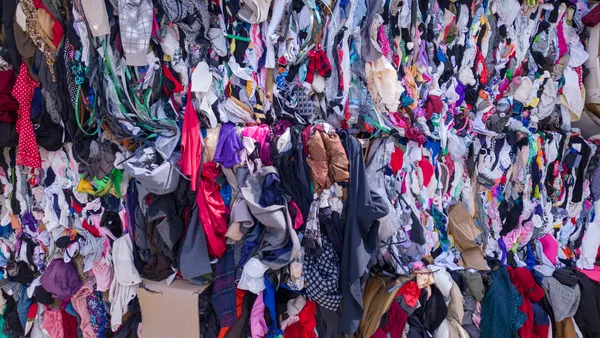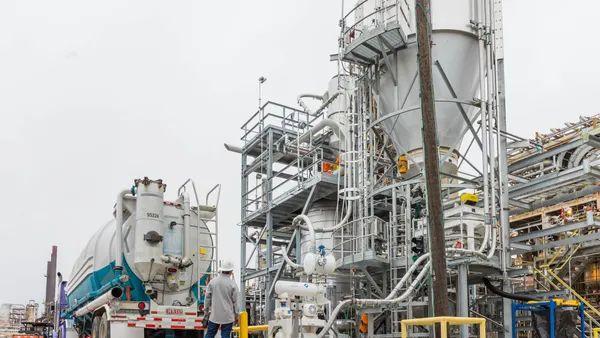Dive Brief:
- The National Waste & Recycling Association (NWRA) recently became the latest trade association to submit comments to the World Trade Organization (WTO) about China's upcoming scrap import ban.
- These comments highlighted polyethylene, polypropylene, mixed plastics and unsorted paper as the top areas of concerns for the association's members. Rather than banning these materials, the NWRA recommended that China enforce tighter quality controls using internationally recognized specifications. The comments also posed multiple questions about exactly how China's current definitions would be enforced.
- Describing a potential cutoff of Chinese markets for these materials as "traumatic," "devastating" and "catastrophic," the NWRA recommended that the ban be phased in over a five-year period rather than taking effect in 2018.
Dive Insight:
Following comments from the Institute for Scrap Recycling Industries and the Solid Waste Association of North America, the NWRA is the latest industry trade group to chime in on China's surprise July announcement. Calls for a longer timeframe, and emphasis on the economic benefits of the recycling industry, have been common themes throughout. This latest round from the NWRA was informed by discussions with members and other trade associations in an effort to be reflective of the industry's general stance on the new China policy so far.
Predictions about how this will all play out have varied by day and by source. Based on the comments from all of these trade groups, the industry is bracing for some level of abrupt change within the coming months. Some see this as an opportunity to spur new domestic end markets. Some expect markets in other countries will grow to fill the gap. The NWRA and others have warned against being overly optimistic.
"Of course other markets will develop, but they can’t happen instantaneously," said Anne Germain, NWRA's director of waste and recycling technology. "You can’t build a factory overnight. These things take time. The amount of capacity that’s available is limited."
Depending on how strictly the new policy is enforced, Germain said this could make commodity prices even more volatile than they have been in recent years. In a worst case scenario, this might mean some materials gets sent to landfills or waste-to-energy facilities. At the very least, it could put further strain on service providers. Many of the industry's largest companies, including NWRA members, have already shifted the structure of their long-term municipal contracts to mitigate some of the commodity risk through revenue-sharing or fee-based models. Though Germain said a change of this scale could still test those models, depending on what happens to prices.
"If it's a huge drop it would be very challenging. Municipalities have a lot on their plates. They have a lot of services that they have to offer. Even if some of that risk and reward are both shared to protect some of our members' business interests, at the same time that risk ends up going somewhere else," she said.
Looking ahead, the NWRA will keep working with other industry groups to learn about the issue and convey the latest details to its members. With so many rumors and so few details floating around, continuous communication is still seen as one of the best approaches at this point.



